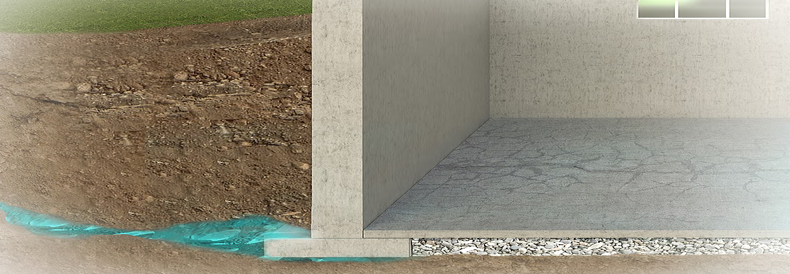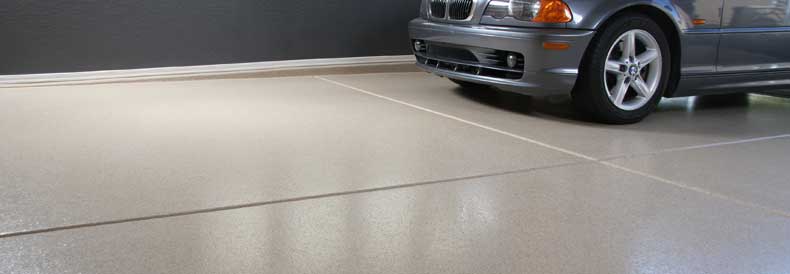House Movement,
Basement Settling And How To Cope

We all know how much winter changes our lifestyles, from dragging heavy jackets out from deep in the closet and opting in for hot cocoa instead of iced coffee. But have you thought about how much winter can affect your home, your basement specifically? Even though many homeowners think about home renovations, repairs and maintenance during the spring and summer, winter is when things can take a turn for the worse in your home. Winter can make your home’s foundation settle, your home move and increase the amount of water that makes its way into your home via snow. So today, we are going to be talking a little about basement settling, house movement and how you can cope, so let’s get started.
Winter Brings Soil Changes

The most common reason why basements settle and cause house movement is the expansion and contraction of both your home and its surrounding soils. For example, during the summertime, soils will contract due to low moisture levels but during the winter, the soil will expand. This is because the soils absorb water from the rain of autumn and will freeze, causing the soil to expand. This is called Frost Heave and it is one of the most common culprits behind “lateral foundation”, where the footing of the foundation is moved during expansion and contraction.
Weather Effects Concrete
What many homeowners don’t know about the change in weather is that it can affect your concrete. When concrete is warm, it will expand but when it is cold, it will contract which is why homes can sink if the proper soil is not placed around the foundation. During winter, the warmth of the day and the cold of the night will lead to constant expansion and contraction which will lead to cracks in your concrete foundation. If your foundation has cracks, you should contact a foundation repair contractor right away, with temperatures fluctuating and winter right around the corner, those cracks may be expanding.
When your concrete foundation becomes cracked, it can be worrisome for your basement. Water will always take the path of least resistance and cracks in the floor will serve as an expressway to have your basement flooded.
Interior Forces
Something that we don’t take into consideration during the winter is the heating of our home and how it can affect the surrounding soils. Did you know that heat from the inside of your home can leach into the surrounding soils and cause it to heat up? During winter, thawing out the soils around your home will lead to an increase of water movement around your home, resulting in substantial soil movement. That is why having a finished basement with insulation is a must if you want your foundation and your basements flooring to last as long as possible.
How To Deal With Basement Settling And House Movement

While the changing of the seasons may seem unavoidable, there are measures that you can take to keep your home safe during the upcoming winter months. One of the most efficient ways to do this is by updating your basements flooring to defend against anything that can go wrong until you can have a full basement waterproofing performed. By far the safest bet is epoxy flooring. This is because epoxy flooring forms a watertight seal for your concrete and with a 100% waterproof finish, any moisture that makes its way into the basement won’t cause any damage. Along with a watertight seal, epoxies offer a tight bond to the concrete, meaning that the coating can combat damage from concrete movement and stress that comes from settling.
Well now that you know the dangers of winter and the protection of epoxy, you better have one installed before it gets too cold! No matter what path you take to combat winter damage capabilities, we wish you the best of luck on all of your home improvements and renovations to come!
